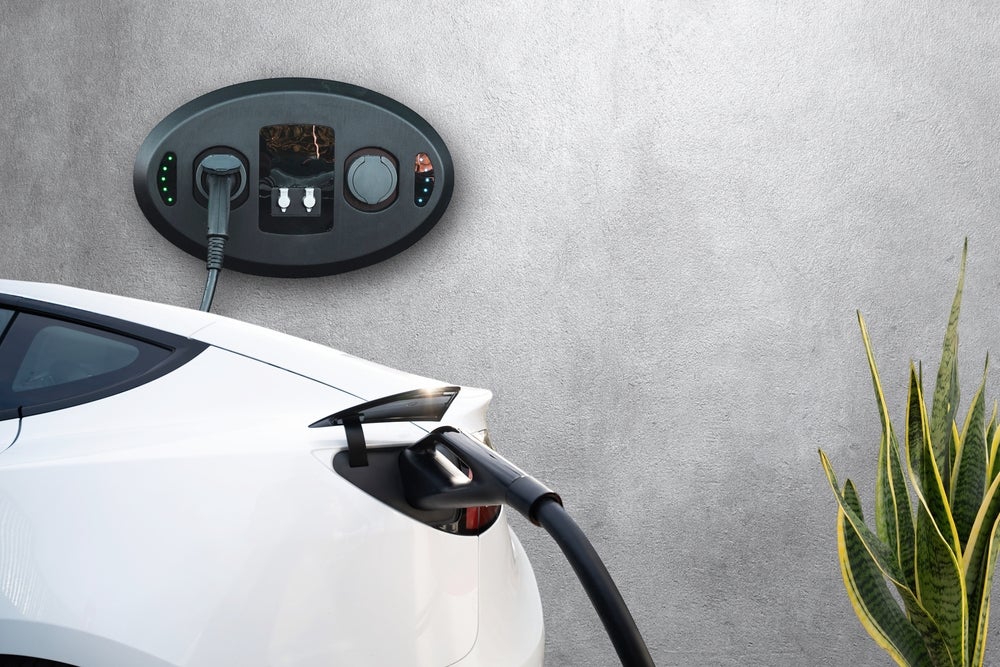
New data from New AutoMotive’s Electric Car Count reveals a notable slowdown in electric car sales for November, aligning with both the predictions of the independent transport research organisation and broader industry expectations.
A key contributor to this downturn is the substantial drop in sales reported by leading US electric car manufacturer, Tesla. The company has faced a series of production setbacks in the latter half of 2023, impacting its ability to maintain sales momentum.
Despite the November slump, the overall trajectory of electric car sales maintains a positive trend when viewed on a year-on-year basis, with 2023 figures surpassing those of the previous year, underscoring the sector's growth.
In a bid to sustain and boost this growth, the House of Lords, Senedd Cymru and the Scottish Parliament recently passed a comprehensive package of reforms. These reforms, set to take effect from 1 January 2024, aim to create a more favourable environment for electric car sales, reflecting a strategic move by lawmakers to support the transition to sustainable transportation.

This week the UK Parliament gave the nod to the Zero Emission Vehicle (ZEV) Mandate. The Mandate, operating under the framework of the Climate Change Act (2008), mandates UK car manufacturers to meet stringent quotas for Electric Vehicles (EVs) sales, aligning with the 2030/2035 phase-out targets set by the government.
Under this legislation, manufacturers are entrusted with the task of progressively increasing the percentage of ZEVs in their total UK sales each year.
How well do you really know your competitors?
Access the most comprehensive Company Profiles on the market, powered by GlobalData. Save hours of research. Gain competitive edge.

Thank you!
Your download email will arrive shortly
Not ready to buy yet? Download a free sample
We are confident about the unique quality of our Company Profiles. However, we want you to make the most beneficial decision for your business, so we offer a free sample that you can download by submitting the below form
By GlobalDataCredits will be awarded for every ZEV sold in the UK, providing a tangible incentive for the automotive industry to embrace electric mobility. The ZEV Mandate comes armed with financial penalties for those who fall short of the mandated targets.
In the first half of 2023, data from EV-volumes.com reveals that electric vehicles (EVs) accounted for 16% of all new car sales. Despite the proposed 22% target for EV sales, only 11 car manufacturers managed to surpass it, with an intriguing trend emerging: one-third of all EVs sold in the UK between January and July originated from just three brands.
At the forefront of this surge are manufacturers such as BYD, GWM ORA, MG, Polestar, Smart, and Tesla, exceeding the target and capitalising on model ranges predominantly or entirely electric.
Noteworthy contenders like BMW, Cupra, Jaguar, Porsche, and Volvo are either on the verge of or have already achieved the proposed target, substantiated by current registration figures.
Conversely, some brands, including Alfa Romeo, Dacia, and Seat, are yet to venture into the realm of EVs. However, being part of larger automotive groups, they may potentially leverage credit-sharing arrangements in the future.
Japanese brands like Honda, Mazda, and Toyota Lexus face a distinctive challenge as the majority of their sales still pivot on internal combustion engine (ICE) models, presenting a unique hurdle in meeting evolving targets for electrification.
Meanwhile, Ford, with a strong reliance on internal combustion engine (ICE) models, is at the bottom of the pack, with EVs constituting a mere 2.2% of its registrations in the initial half of 2023.
These figures underscore the diverse trajectories and challenges confronted by manufacturers as the automotive landscape undergoes a transformative shift towards electric mobility, reflecting the evolving preferences of consumers.
Ben Nelmes, New AutoMotive’s Chief Executive, said: “Monthly car sales are highly volatile. This well-anticipated slowdown in sales of electric cars demonstrates the need for the government to make it cheaper and easier for people to access the benefits of going electric.
“The benefits of boosting electric car uptake will be felt not just by future generations as they face climate instability but by working people who increasingly have to choose between an empty tank or an empty wallet. That is the very definition of a win-win.”







